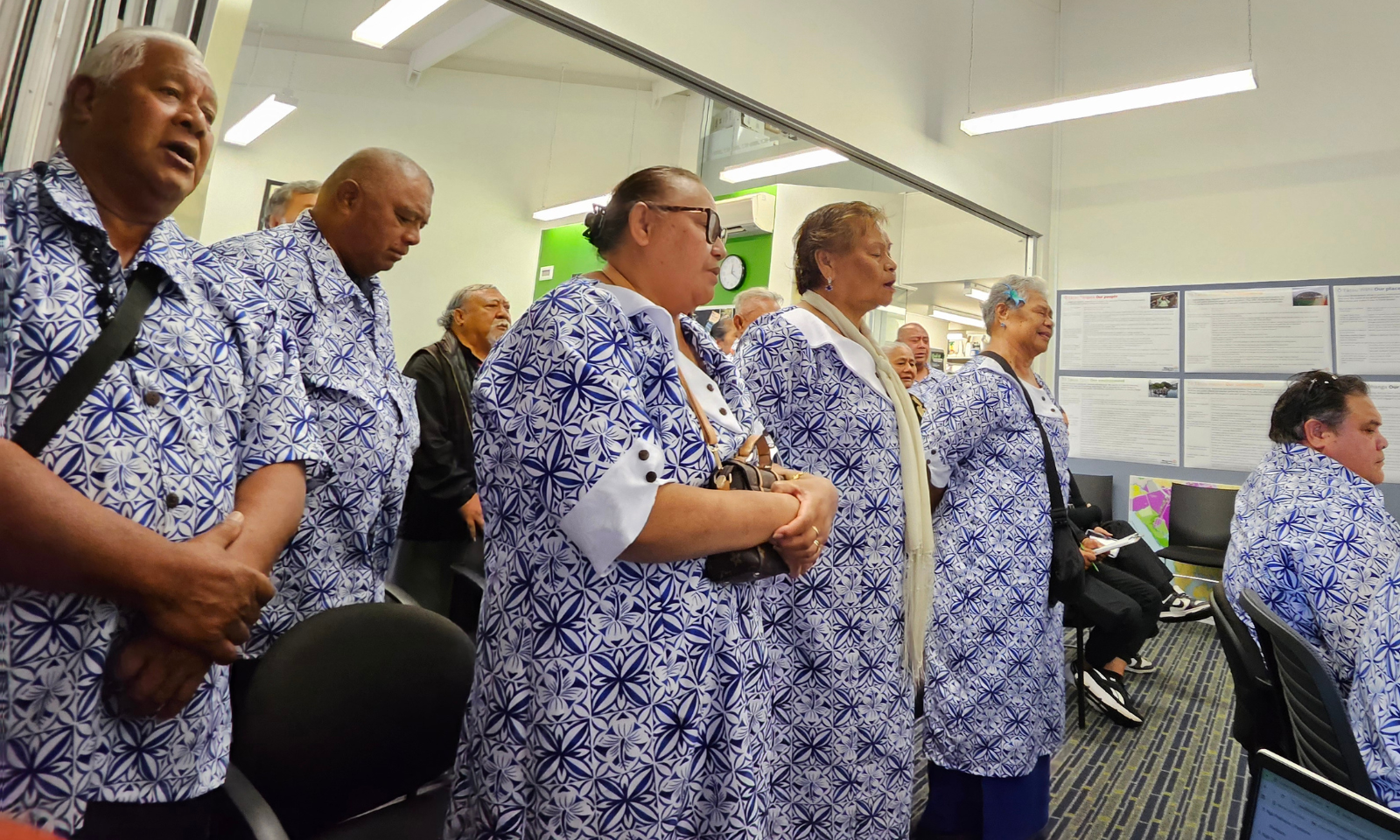The Government’s second budget has also made bold moves to fund key child wellbeing initiatives.
Prime Minister Jacinda Ardern said the Government will continue its drive to make New Zealand into the best place in the world to be a child.
The Wellbeing Budget targets major new investments towards children at serious risk and in the most need of help, providing care and support through a new Oranga Tamariki as the Child, Youth and Family (CYF) model is changed.
The Wellbeing Budget package includes:
- a new intensive intervention service that will work with families to keep children safe at homemore money for non-government organisations (NGOs) providing early intervention services
- more money to support Oranga Tamariki to meet the new care standards and an extra 350 frontline roles, including more social workers to ease caseloads
- more support so children in care can get things they need – toys, books, laptops, sports and specialist health equipment
- 60 extra dedicated support staff for caregivers and new specialised training for all caregivers
- new whānau care partnerships to attract more Māori caregivers
- 16 new, small community-based homes for 100 additional youth justice placements for 17-year-olds, with an extra 300 staff
- a new service to support 3,000 young people to prepare for and transition successfully from care and youth justice services to adulthood.
Government is also focusing on an early intervention service for vulnerable children. A new Intensive Intervention service will use new, highly skilled, family/whānau intensive support workers to work with families and whānau of children most at risk of entry or re-entry into State care to support them to remain safely at home.
This new partnered approach will be rolled out to five Oranga Tamariki sites or areas covering around 150 families and 400 children in its first year.
In addition, the Budget provides $26 million over four years for the Ministry’s NGO partners currently providing early intervention services.
The Wellbeing Budget will also lift the incomes of 339,000 individuals and families as part of the next step of the Government’s overhaul of the welfare system.
In 2017 Children’s Commissioner Andrew Beecroft said the single best thing the Government could do to combat child poverty was the indexation of benefits to changes in average wages. Currently, main benefits are indexed to the Consumers Price Index (CPI).
From 1 April 2020, main benefits will be indexed to average wage increases, to ensure the incomes of people needing to access main benefits do not fall further behind.
“This will help reduce rates of poverty for those living on benefits,” Social Development Minister Carmel Sepuloni says.
“By taking this action, we are reversing a decades-long policy that has meant those on benefits have fallen further and further behind. In 1991 the National Government significantly cut benefits, including scrapping the Universal Family Benefit.
“Since then main benefit levels have been adjusted using the CPI instead of wages and income.
“Pressures on low income families were already being felt through cuts to housing, health and education support from the reforms of the late 1980s and early 1990s. These cuts resulted in poverty traps for many low income New Zealanders. Many have never really recovered.”











